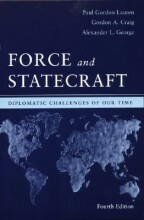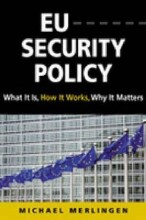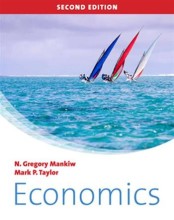A Postwar System of Security: Great-Power Directorate or United Nations?
11 important questions on A Postwar System of Security: Great-Power Directorate or United Nations?
What was the concept of ‘spheres of influence’, and what was allied reaction to this idea?
What was Franklin Roosevelt’s Grand Design? Why was it criticized?
What was the division of power in the UN between the General Assembly & the Security Council?
Authority for action on specific crises resided in the Security Council where the five largest powers of the time hold permanent membership and a veto right (France, Britain, China, Russia, USA).
- Higher grades + faster learning
- Never study anything twice
- 100% sure, 100% understanding
When is legitimate use of force authorized under Chap. VII of the UN Charter?
What sort of role has the Military Staff Committee played?
What was the Potsdam Agreement?
Why did many diplomats describe the UN Charter as ‘the art of the possible’?
What were some of the causes of Great Power disagreement shortly after the founding of the UN?
What was the effect of increased membership?
Mention some of the flashpoints where the UN played a role
Why was 1988 called the ‘year of the UN’?
The question on the page originate from the summary of the following study material:
- A unique study and practice tool
- Never study anything twice again
- Get the grades you hope for
- 100% sure, 100% understanding
































